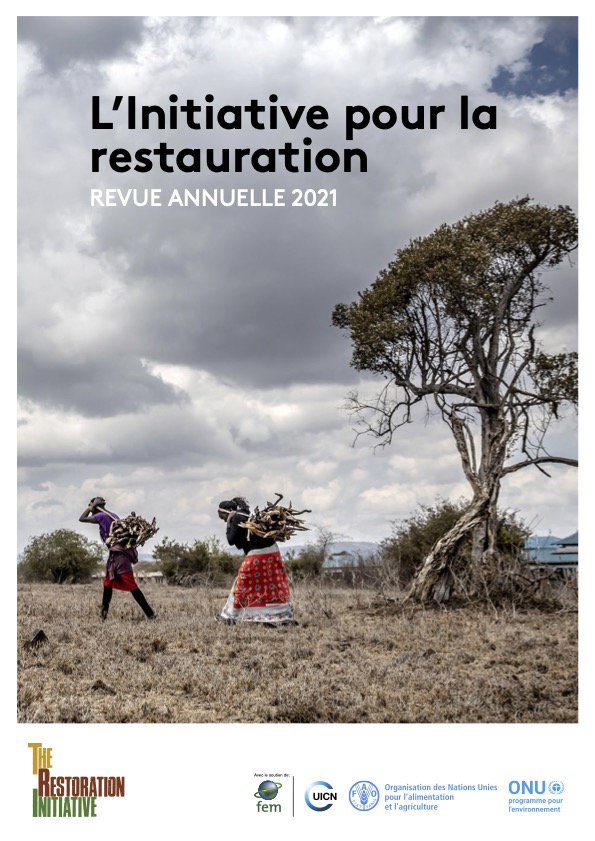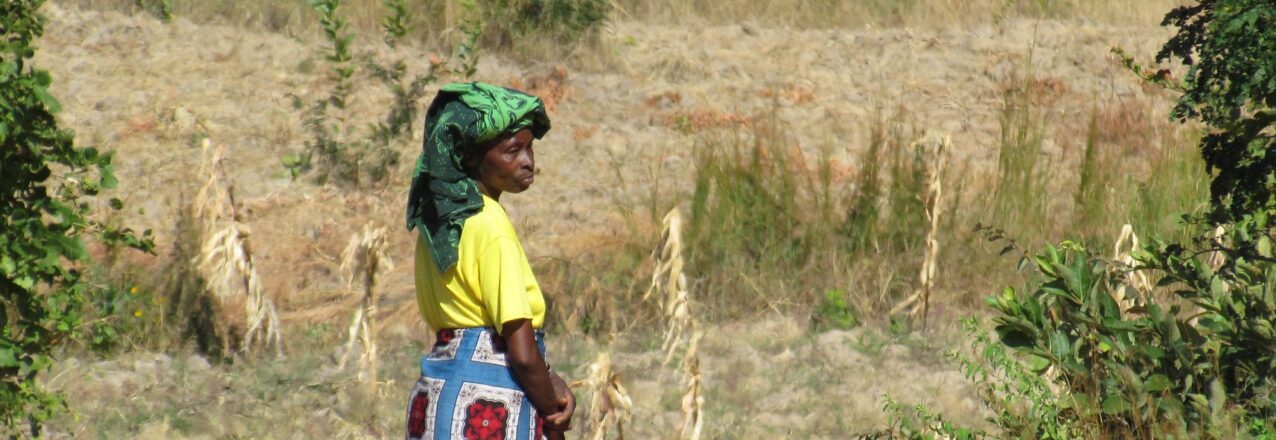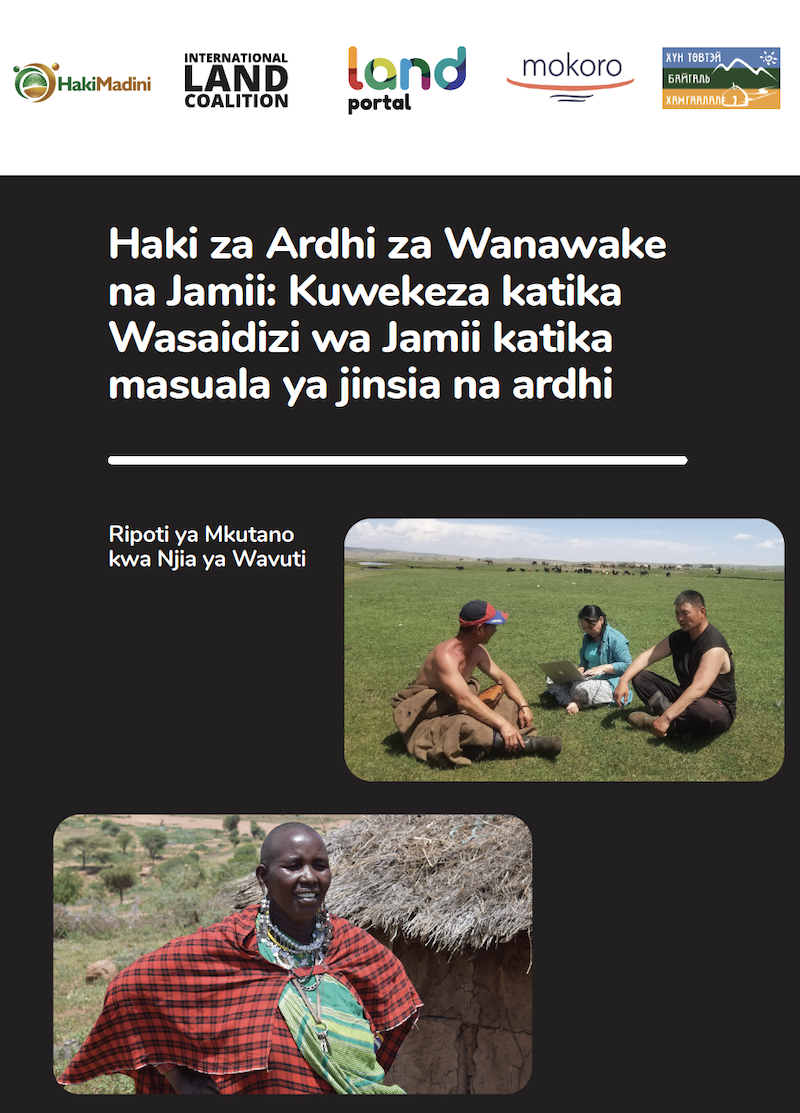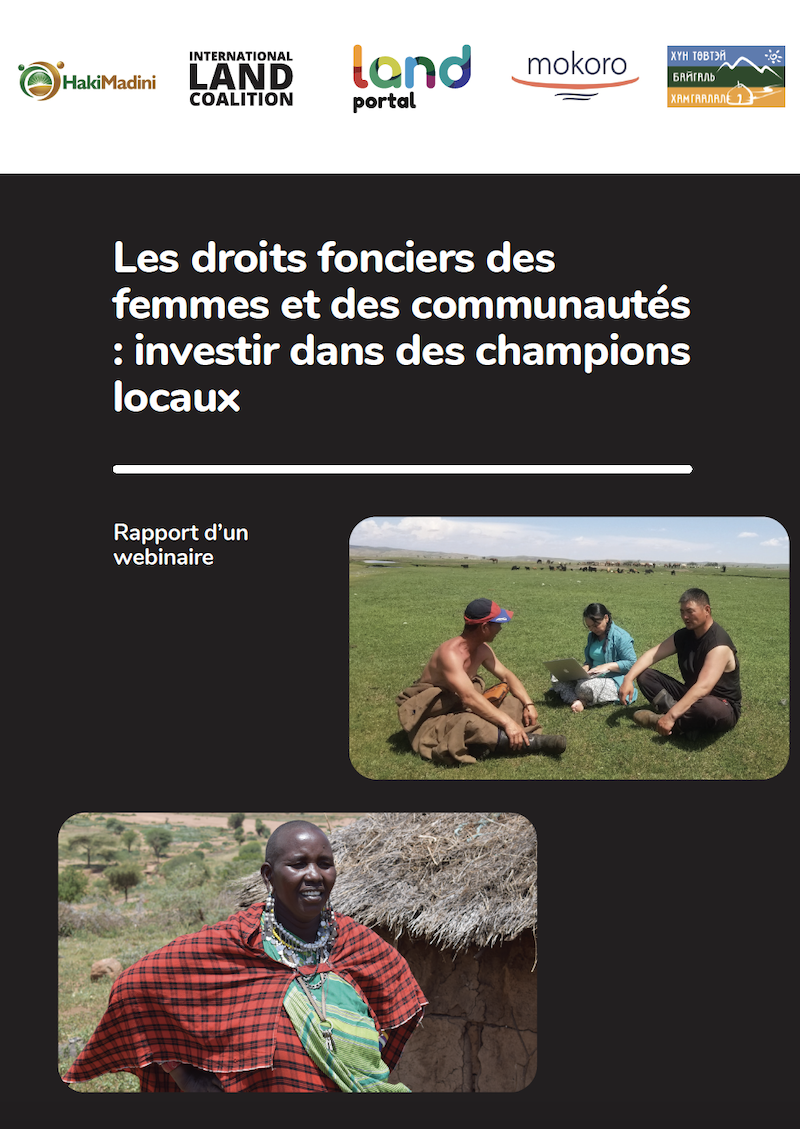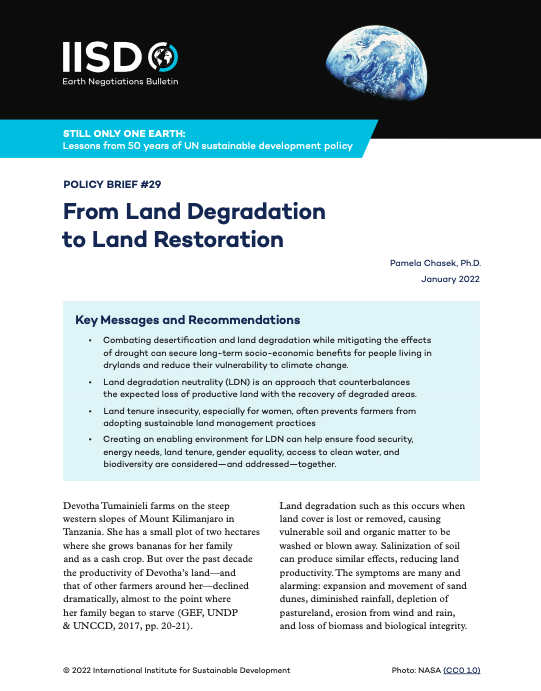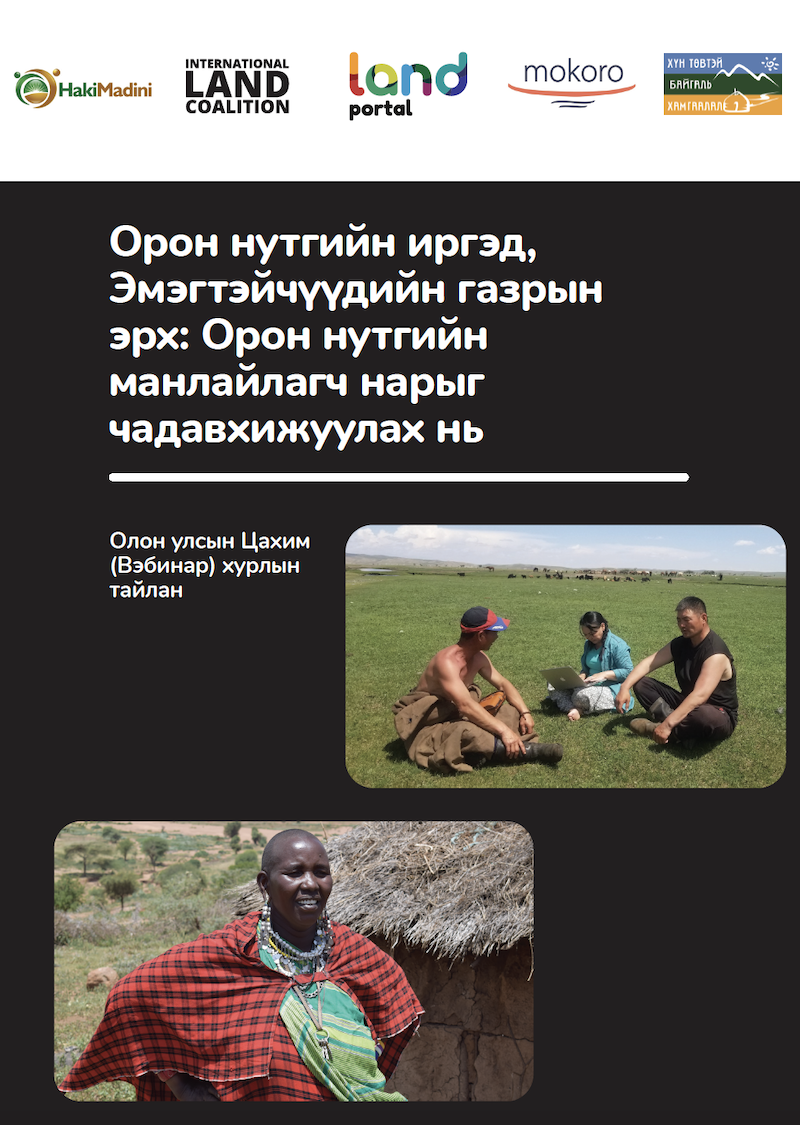Sub-Saharan Africa is facing an expected doubling of human population and tripling of food demand over the next quarter century, posing a range of severe environmental, political, and socio-economic challenges. In some cases, key Sustainable Development Goals (SDGs) are in direct conflict,…
Thermophilic composting is a promising soil and waste management approach involving diverse micro and macro-organisms, including eukaryotes. Due to sub-optimal amounts of nutrients in manure, supplemental feedstock materials such as Lantana camara, and Tithonia diversifolia twigs are used in…
L’année 2021 marque l’achèvement de la troisième année complète de mise en oeuvre de l’Initiative pour la restauration (TRI). Malgré les difficultés persistantes liées à la pandémie mondiale de covid-19, 2021 a vu des progrès encourageants. Les exigences de travail à domicile et autres…
L’année 2021 marque l’achèvement de la troisième année complète de mise en oeuvre de l’Initiative pour la restauration (TRI). Malgré les difficultés persistantes liées à la pandémie mondiale de covid-19, 2021 a vu des progrès encourageants. Les exigences de travail à domicile et autres…
This report presents the results of a mixed-methods study on the role of customary land documentation in strengthening Women’s Economic Empowerment (WEE). The overarching purpose was to help fill critical knowledge gaps on if and how strengthening women’s land rights via formalized customary…
This report presents the results of a mixed-methods study on the role of customary land documentation in strengthening Women’s Economic Empowerment (WEE). The overarching purpose was to help fill critical knowledge gaps on if and how strengthening women’s land rights via formalized customary…
Kwa zaidi ya miaka mitano, Mradi wa Usalama wa Umiliki wa Ardhi kwa Wanawake (WOLTS) umekuwa ukichunguza uhusiano wa kijinsia na ardhi katika jamii za wafugaji zilizoathiriwa na uchimbaji wa madini Mongolia na Tanzania. Lengo limekuwa ni kutengeneza mbinu ya ushiriki wa jamii kwa muda mrefu na…
Depuis plus de cinq ans, le projet WOLTS (Women’s Land Tenure Security) étudie le croisement entre les relations de genre et de droits fonciers dans les communautés pastorales affectées par l’exploitation minière en Mongolie et en Tanzanie. Ce projet a pour but de développer une méthodologie de…
Key Messages and Recommendations
• Combating desertification and land degradation while mitigating the effects of drought can secure long-term socio-economic benefits for people living in drylands and reduce their vulnerability to climate change.
• Land degradation neutrality (LDN)…
La collecte de l'eau de pluie augmente la quantité d'eau disponible pour la boisson, l'usage domestique et l'agriculture. En Afrique de l'Est et de l'Ouest et en Asie du Sud-Est, l'eau peut être récupérée sur 40 à 70 % des terres agricoles, ce qui entraîne une…
Эмэгтэйчүүдийн Газар Эдэлбэрийн Эрхийн Баталгаат Байдал төсөл нь (ЭГЭЭББ) сүүлийн таван жилийн хугацаанд Монгол, Танзани улсуудад уул уурхайн нөлөөнд өртсөн нүүдэлч малчин иргэдийн жендер болон газрын харилцааны хамаарлыг судаллаа. Тус ажлын үндсэн зорилго нь орон нутгийн иргэдтэй урт…
ABSTRACT African culture and tradition on matrilineal land ownership are on the verge of disappearing. Land ownership in rural communities remains an important cultural dimension to secure livelihoods, economic growth, and sustainable development. Gender relations continue to interfere culture…


